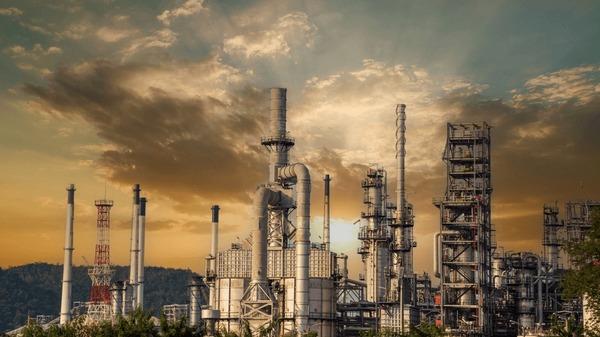Houston, Texas, is one of the largest and most vibrant cities in the United States, known for its diverse culture, thriving economy, and role as a global hub for the energy and petrochemical industries. With a mix of urban development and industrial operations, the city plays a central role in powering not just Texas, but much of the nation.
Because of Houston’s strong industrial presence, the risks of workplace accidents can be higher, particularly in the petrochemical sector. When serious incidents occur, such as explosions, the consequences can affect workers, families, and entire communities. In such situations, an experienced chemical plant explosion attorney in Houston can provide vital legal guidance to victims seeking justice and compensation.
Understanding how these accidents happen and the types of injuries they cause is essential. By looking deeper into the nature of chemical plant explosions, we can see not only the devastation they leave behind but also the importance of safety measures and accountability.
Chemical Plant Explosions and Their Impact
In cities like Houston, where the petrochemical industry is central to the local economy, the risks are higher. Industrial facilities handle large volumes of hazardous substances daily, meaning that even a small mistake can have catastrophic results.
The force of an explosion can destroy property in seconds, release toxic fumes into the air, and cause widespread panic in surrounding neighborhoods. This makes chemical plant explosions not just a workplace hazard but also a community-wide threat.
Common Types of Injuries from Explosions
The range of injuries from chemical plant accidents is wide, and many are life-threatening. Some of the most common include:
Severe Burns and Breathing Problems
Explosions often ignite massive fires. Victims can suffer second- or third-degree burns, while inhaling toxic smoke and chemicals can scar the lungs permanently, leading to chronic breathing difficulties.
Blast Injuries from Shockwaves
The sheer force of a blast can rupture eardrums, cause concussions, and damage internal organs. Internal bleeding is especially dangerous because symptoms are not always visible right away.
Chemical Exposure and Poisoning
Direct contact with hazardous chemicals can cause painful chemical burns, organ damage, or poisoning. Long-term exposure has been linked to serious conditions such as cancer.
Trauma from Flying Debris
Collapsing structures and shrapnel can result in broken bones, deep lacerations, or traumatic brain injuries. These injuries often require surgery and long rehabilitation periods.
Long-Term Health Challenges After Explosions
The physical injuries are only the beginning of recovery. Many survivors are left with permanent disabilities, such as limited mobility from spinal injuries or chronic lung disease caused by chemical inhalation.
On the mental health side, post-traumatic stress disorder (PTSD) is common among survivors, making it difficult to return to daily routines. The financial strain of medical bills, lost income, and rehabilitation adds to the burden, leaving families struggling to cope with the aftermath.
Key Takeaways
- Chemical plant explosions cause catastrophic injuries such as burns, respiratory damage, and traumatic brain injuries.
- Long-term effects often include chronic illnesses, PTSD, and permanent disabilities.
- Most accidents are preventable and linked to failures in safety standards.
- Victims and their families face significant financial, physical, and emotional struggles.
- In Houston, legal guidance from experienced attorneys is essential for pursuing justice and fair compensation.
